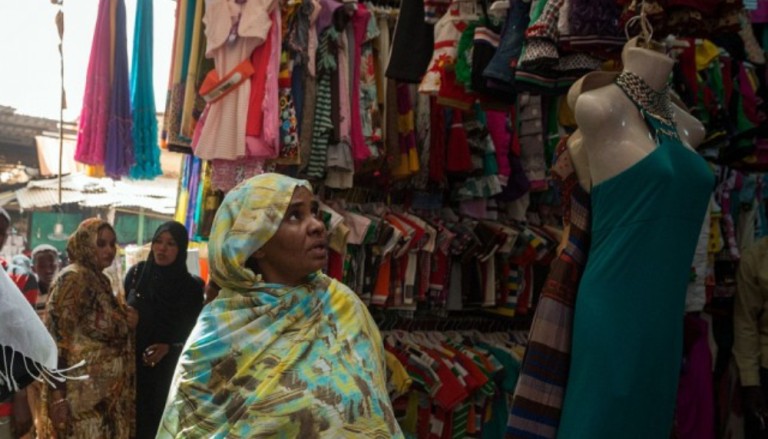Sudan’s inflation rise to 68,93% as dollar price hits record high

December 10, 2018 (KHARTOUM) – Sudan’s inflation rate has risen to 68,93% in November compared to 68,44 in October, reported the Central Bureau of Statistics (CBoS).
According to a press release on Sunday, the CBoS said the main commodities that have significantly impacted on the rise of the inflation rate include meat, onion, oil and milk.
The highest increase in the price index for goods and services in November was registered in the Red Sea State while the lowest was registered in North Kordofan State. Also, Khartoum has registered the second lowest inflation rate.
Inflation in urban areas has risen to 62,67% compared to 61,14 in October while it has decreased to 74,22% compared to 74,58% in rural areas.
The government seeks to achieve an average inflation rate of 19,5% by the end of the 2018 fiscal year compared to 34,1% in 2017.
Economic conditions in Sudan have been challenging since the secession of South Sudan in 2011 and the loss of the bulk of oil production and exports.
The withdrawal of South Sudan oil has compounded the difficult external environment, including debt arrears, limited access to external financing, U.S. sanctions, and the withdrawal of correspondent bank relations.
POUND CONTINUES TO PLUMMET AGAINST DOLLAR
Meanwhile, the price of the US dollar increased on the black market in Khartoum on Sunday, settling at 64,00 Sudanese pounds.
Last October, the Central Bank of Sudan formed a body of bankers and exchange bureaus to set the official exchange rate on daily basis.
The move was part of a package of financial and monetary measures designed to tackle the deepening economic crisis in the east African nation.
The government body set the purchase price of the U.S. dollar at 47,50 Sudanese pounds.
Traders speaking to Sudan Tribune Sunday in central Khartoum said the purchase price of the U.S. dollar through cheques has reached 64,00 pounds while the cash purchase was 60,00 pounds.
It is noteworthy that due to the lack of liquidity in the banks, U.S. dollar carries two prices on the black market. The purchase price by cheques is usually higher than the cash price.
Last week, Prime Minister Muataz Musa threatened to take legal measures against money traders, saying the government wouldn’t allow them to set the dollar price.
The government last February introduced a number of measures to curb the rise in dollar price including limiting cash withdrawal from banks to absorb liquidity, cracking down on black market Forex traders and restricting imports.
Economic conditions in Sudan have been challenging since the secession of South Sudan in 2011 and the loss of the bulk of oil production and exports.
The withdrawal of South Sudan oil has compounded the difficult external environment, including debt arrears, limited access to external financing, U.S. sanctions, and the withdrawal of correspondent bank relations.
The most recent International Monetary Fund (IMF) report indicated that Sudan’s gross international reserves remained very low in 2017 ($1.1 billion, 1¾ months of imports).
(ST)
